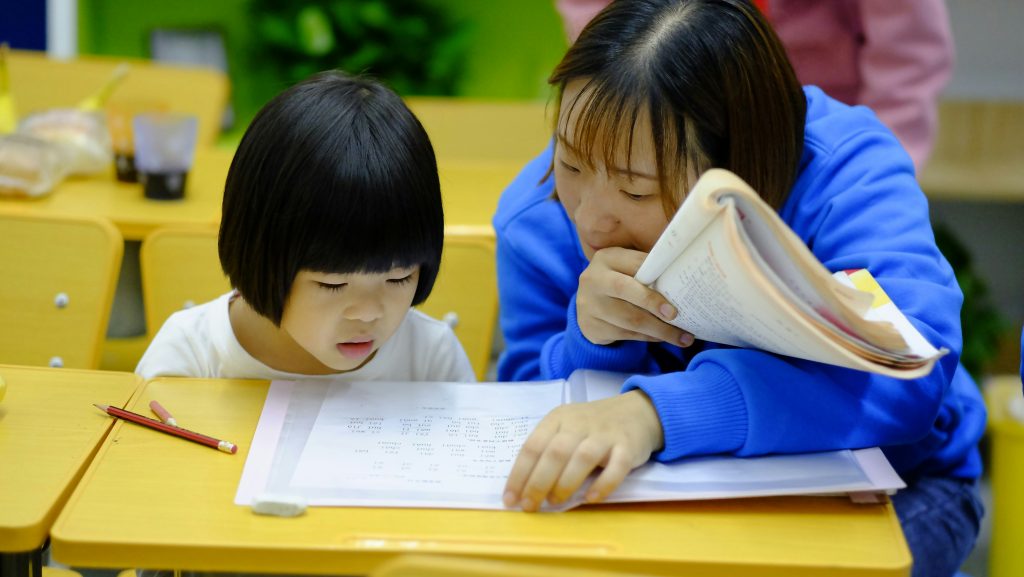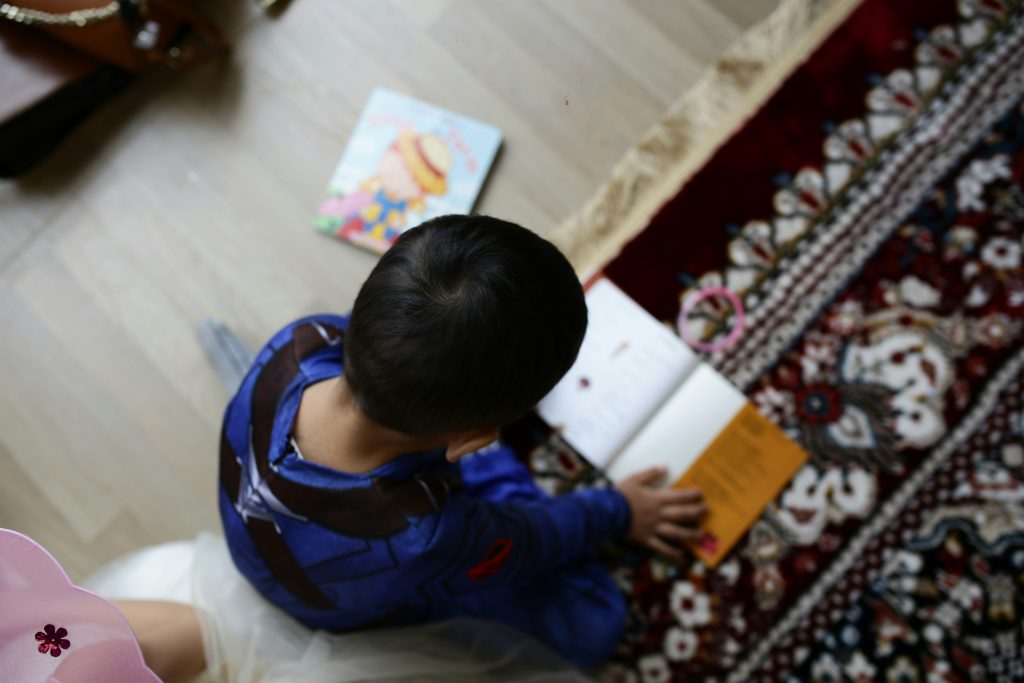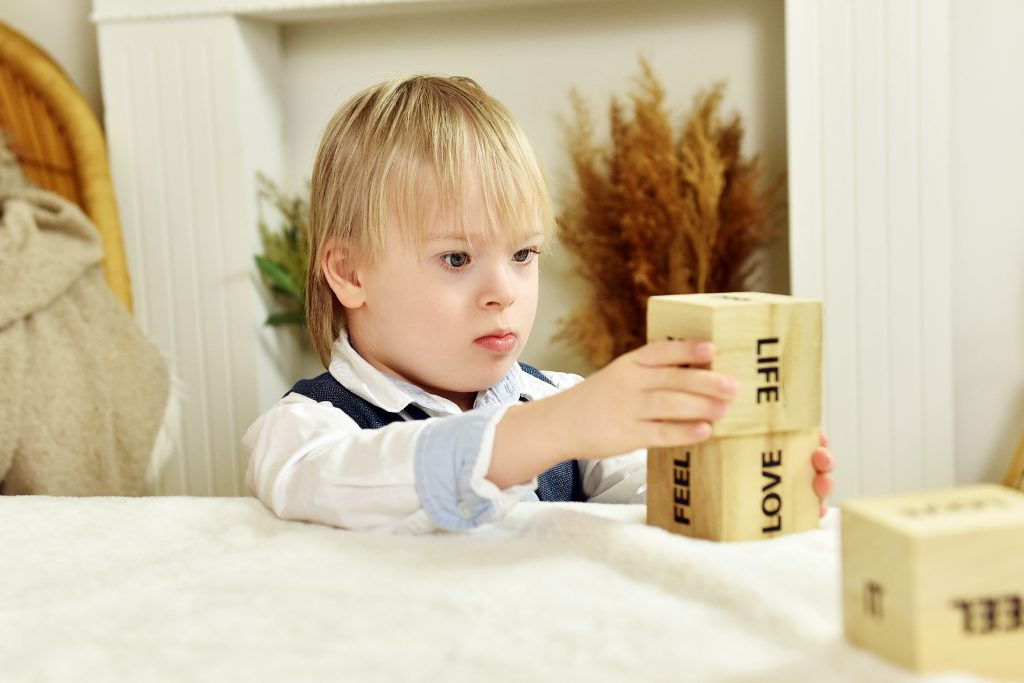Kids books read aloud do more than teach words—they teach children how to express themselves, share ideas, and speak with confidence. In this article, we explore how reading aloud builds verbal skills, encourages self-expression, and improves social-emotional learning (SEL).

Confidence Through Familiarity
Repetition is key to confidence. When a child hears a book read aloud multiple times, they begin to memorize phrases, anticipate words, and eventually mimic the tone and rhythm. This process enhances their ability to speak confidently in school and social settings.

Books like those in our educational books.for.kids section or any learning book child title are excellent for building comfort with vocabulary.
Social Cues and Emotional Learning
Reading stories aloud allows children to hear how emotions are expressed through tone and language. Stories such as “The Feelings Book” or “I Am Enough” introduce complex emotions in a safe and manageable way.

Pair these with fun educational books for 6 year olds or educational books for 7 year olds to allow kids to process emotions and scenarios through characters.
Language Development by Age
- Ages 2–5: Focus on rhythm and repetition (e.g., nursery rhymes, educational learning books for toddlers)
- Ages 6–9: Use books with dialogue and diverse vocabulary (e learning book or beginner chapter books)
- Ages 10–12: Choose layered narratives with moral lessons (educational books for 10-year olds and educational books for 12 year olds)

Interactive Reading Techniques
- Ask questions during reading: “What do you think happens next?”
- Use props or act out scenes to involve the child
- Encourage the child to retell the story in their own words
Tools like the kids educational learning tracing book 64 pages can reinforce vocabulary and storytelling through drawing and writing.
